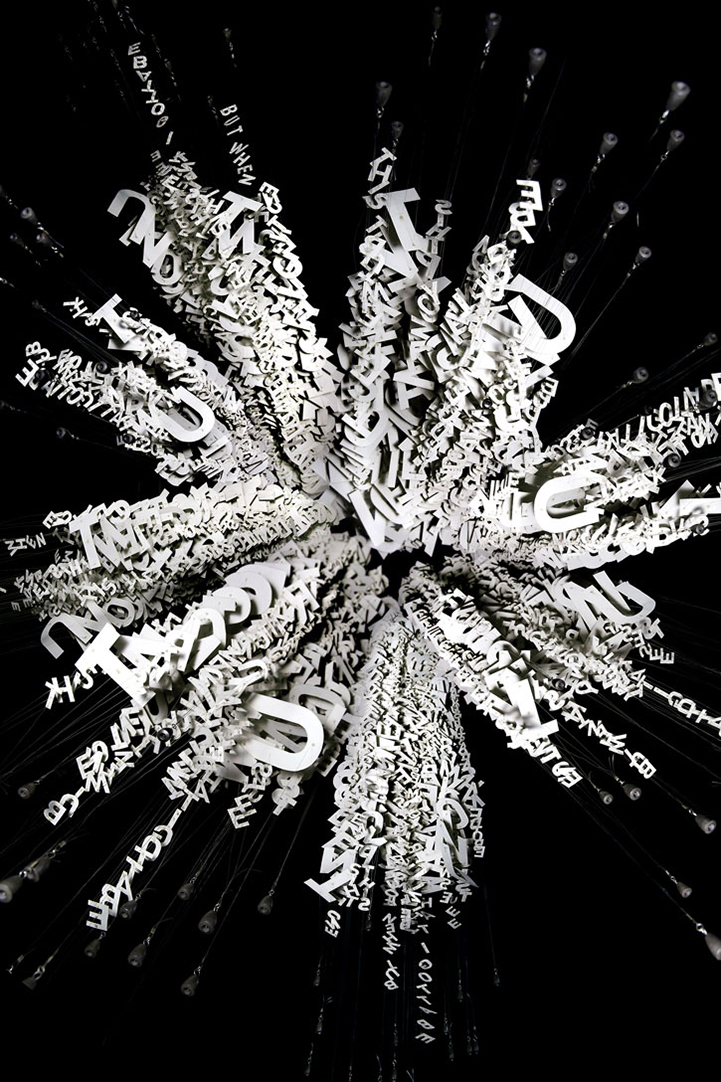As a writer, I regularly find it necessary to create new words and occasionally to redefine existing ones. I have done this in my academic writing, creative writing, and online writing. I believe we are not only permitted to “play” with words but that we have a duty to do so. (See my article here for what I see as core elements of the scholar’s responsibilities.)
One of the ways in which history repeats itself (see this blog article for more details on this notion), is the way in which words and languages are constantly created, shifted, and pronounced dead. Naturally, too, in a given historical moment, one word or cluster of words will naturally have various meanings to each receiver. At the same time, it is our rough collective agreements on spoken languages and their corresponding written languages that allow us to communicate.
For more details about the philosophy and history of words, be sure to read Virginia Woolf’s “Craftsmanship.” Here is an excerpt:
Perhaps that is their [i.e., words] most striking peculiarity – their need of change. It is because the truth they try to catch is many-sided, and they convey it by being many-sided, flashing first this way, then that. Thus they mean one thing to one person, another thing to another person; they are unintelligible to one generation, plain as a pikestaff to the next. And it is because of this complexity, this power to mean different things to different people, that they survive. Perhaps then one reason why we have no great poet, novelist or critic writing today is that we refuse to allow words their liberty. We pin them down to one meaning, their useful meaning, the meaning which makes us catch the train, the meaning which makes us pass the examination. And when words are pinned down they fold their wings and die.

I regularly add an “ized” to the end of words in order to specifically emphasize social, political, and economic processes. Scholars of “race” regularly use “racialized.” People are not Black; they are racialized as Black. We can also use this with words as follows:
sexualized -the process by which society defines people as either “male” or “female” – see this FAQ response for details on how “male” and “female” are social constructions
geographicalized –the process by which people or nations define people according to their physical (political) location
classized –the process by which people are divided along economic lines in capitalistic societies – people are not “poor” – they are classed or classized as poor
utopianized –the process of rewriting the past to make it idealistic
The possibilities are endless.
There is one new word that needs to be adopted en masse: United Statesians. People in the United States are NOT “Americans.” This term rightfully applies to everyone in North America and South America. The same way “African” or “European” or “Asian” popularly applies to everyone on those respective continents. Consider how mad most people in the United States would be if people in Italy homogenized everyone in North and South America! “American” is an imperialistic, egocentric, and hypocritical word as popularly used.
We, scholars in particular for this one, need a new term: Neo-Neo-Marxism. Marxism focuses on class and economics as the driving force that is everywhere in society, Neo-Marxism replaces class and economics with “race,” and, then, Neo-Neo-Marxism places popular culture at the center as the force which controls and guides society.
There is also one word that has been on my mind that needs to be redefined a bit or at least recognized for its full usefulness: trinary. Scholars regularly use the notion of a “binary” to analyze history. For example, “males” v. “females or “communism v. “capitalism.” What about forces that come in threes that are similarly at opposition with each other? The notion of a “trinary” allows us to recognize this. For example, consider the equally opposing forces between and yet interrelationship between politicians, professors, and the public OR between everyday life, high politics, and scientific research.
One final word is on my mind tonight: Actress.
Some consider the term “actress” to be sexist because it is a feminized word. They say that “actor” should be used without fully realizing that “actor” is likewise a masculinized word. Given the long history where women were prohibited from being performers or were more generally restricted to the private sphere, I think it is most appropriate to use “actress.” “Actress” specifically and overtly celebrates the accomplishments and roles of women.
So what do you think about words? What words do you improvise?
See the full Hidden Power of Words Series postings, too!
